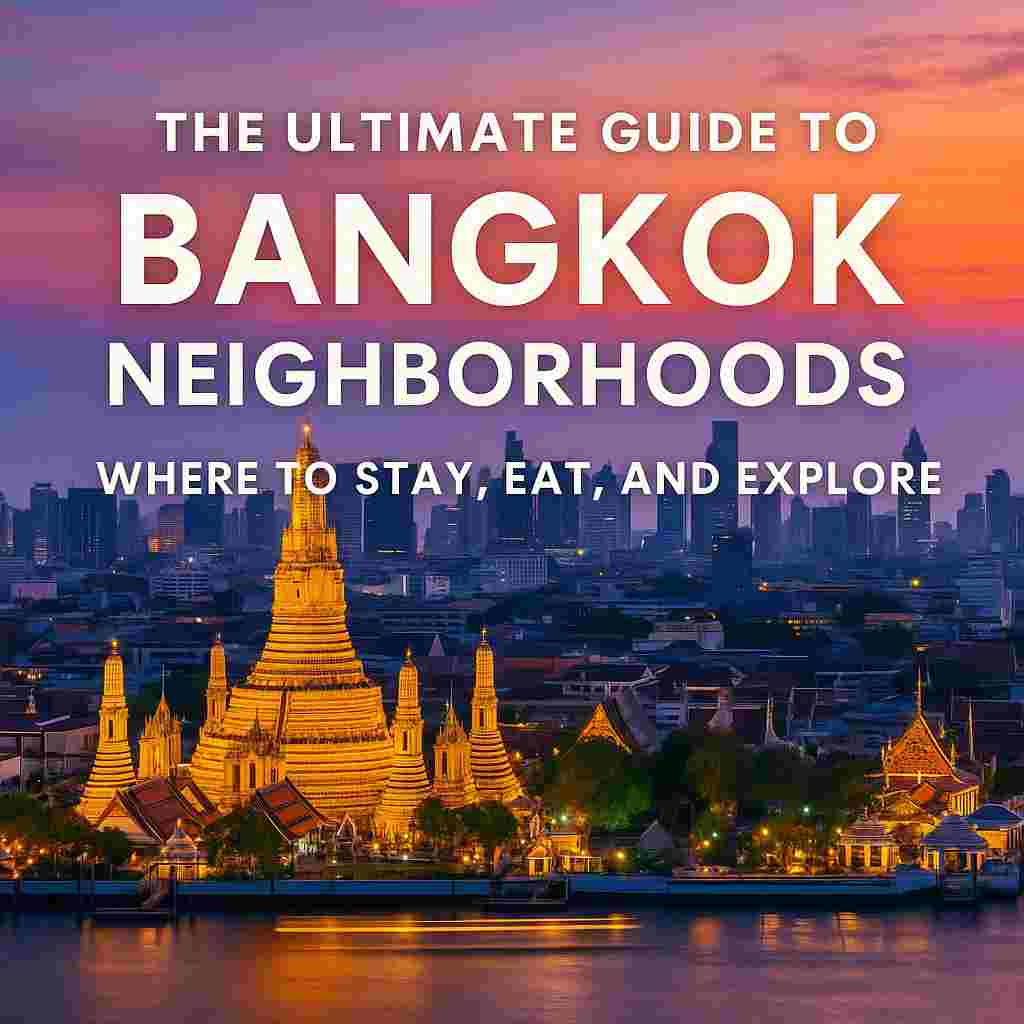illphated
How to Haggle Like a Pro in Asia: A Foreigner’s Guide to Fair Prices
Traveling through Asia offers unforgettable experiences—from vibrant street markets to exotic foods and handcrafted souvenirs. But if you’re a foreigner, one thing is almost guaranteed: you’re going to get quoted the “tourist price.” Don’t sweat it. Haggling is part of the culture, and when done respectfully, it’s expected and even welcomed. Here’s your complete guide to negotiating like a local, saving money, and not getting ripped off.
Why Do Foreigners Get Overcharged in Asia?
It’s not personal—it’s economics. Vendors often assume tourists have deeper pockets and less price awareness. For them, it’s a chance to make a little extra on someone who’s likely never coming back. You can’t blame them, but you can come prepared.
⸻
Top Destinations Where Haggling Is Common
• Thailand (Bangkok, Chiang Mai)
• Vietnam (Ho Chi Minh City, Hanoi)
• Indonesia (Bali, Jakarta)
• India (Delhi, Jaipur, Mumbai)
• Cambodia (Siem Reap, Phnom Penh)
• China (Beijing, Shanghai markets)
⸻
Best Tips for Haggling in Asia
1. Do Your Research First
Always check local prices on blogs, YouTube travel vlogs, or even forums like Reddit or TripAdvisor. If something seems too expensive, it probably is.
Pro Tip: Google “[item] average price in [city]” before hitting the market.
2. Start at Half the Asking Price
As a general rule, vendors will often double or triple the price for foreigners. Start your counter-offer at 30–50% of the quoted price and go from there.
Example: If a vendor says $20 for a T-shirt, offer $8–10 and work up.
3. Use Local Currency
Paying in local currency (not USD or Euros) signals that you’re not a first-day tourist. It also makes negotiating easier and helps you avoid inflated exchange rates.
4. Don’t Show Too Much Interest
Act casual. If you seem too eager, sellers will hold firm on the price. Ask about several items, then come back to the one you really want.
5. Know When to Walk Away
This is your power move. If the vendor doesn’t budge, smile, say “thank you,” and walk away. Many times, they’ll call you back with a better offer.
6. Learn a Few Local Phrases
Even just saying “hello,” “how much?”, or “too expensive” in the local language shows respect and can win you better prices.
Useful phrases:
• Thai: “Phaeng mak!” (Too expensive!)
• Vietnamese: “Mắc quá!” (Too expensive!)
• Bahasa Indonesia: “Terlalu mahal!”
• Hindi: “Bahut mehenga hai.”
7. Bundle for Better Deals
Want more than one item? Ask for a “special price” if you buy in bulk. Sellers are more willing to negotiate if they know you’re making a bigger purchase.
8. Avoid Peak Tourist Hours
Hit the markets early or just before closing. In the morning, vendors are eager to make their “first sale,” which they believe brings luck. At night, they just want to clear stock.
⸻
What NOT to Do When Haggling
• Don’t get angry or aggressive.
• Don’t lowball disrespectfully.
• Don’t waste their time if you have zero intention of buying.
Remember: You’re negotiating with a person, not a corporation. Keep it fun, respectful, and fair.
⸻
When You Shouldn’t Haggle
• In malls or stores with fixed pricing.
• At restaurants or food stalls (unless you’re in a tourist trap).
• With transportation apps (but you can negotiate tuk-tuks or taxis without meters).
⸻
Final Thoughts
Haggling in Asia isn’t about being cheap—it’s about engaging in a local tradition that’s deeply rooted in culture and community. By following these tips, you’ll save money, earn respect, and have more authentic interactions with locals.
So next time you hear an outrageous price, smile, stay cool, and start the dance.
⸻
FAQs: Haggling in Asia
Q: Is it rude to haggle in Asia?
A: Not at all—as long as you’re polite and respectful, it’s expected in most markets.
Q: What if I don’t speak the language?
A: Use gestures, a calculator, or translation apps like Google Translate to bridge the gap.
Q: What’s the best place to practice haggling for the first time?
A: Try smaller local markets or night bazaars—vendors there tend to be more flexible and less aggressive.
⸻
Keywords (SEO Optimization):
• how to haggle in Asia
• haggling tips for tourists
• tourist pricing Asia
• bargaining in Southeast Asia
• how to avoid getting ripped off while traveling
• haggle prices Asia
• travel tips for Southeast Asia
Meta Title: How to Haggle in Asia (Without Being Rude) — Travel Tips for Tourists
Meta Description: Learn how to negotiate prices like a local in Asia. Discover expert haggling tips to avoid tourist traps and score fair deals while traveling.








rlm8u8
z6slrd
5hoejb
8612cd
cfmixj